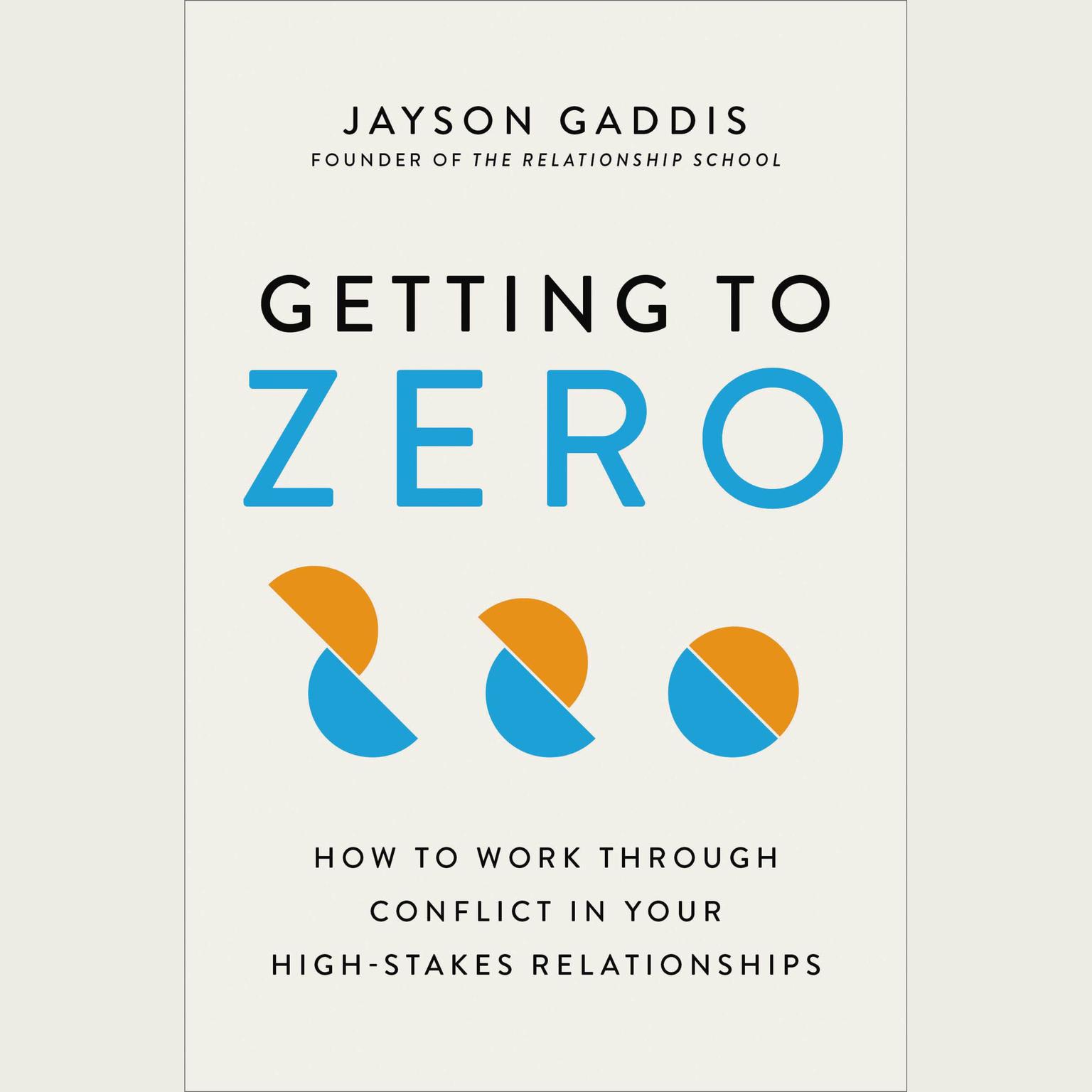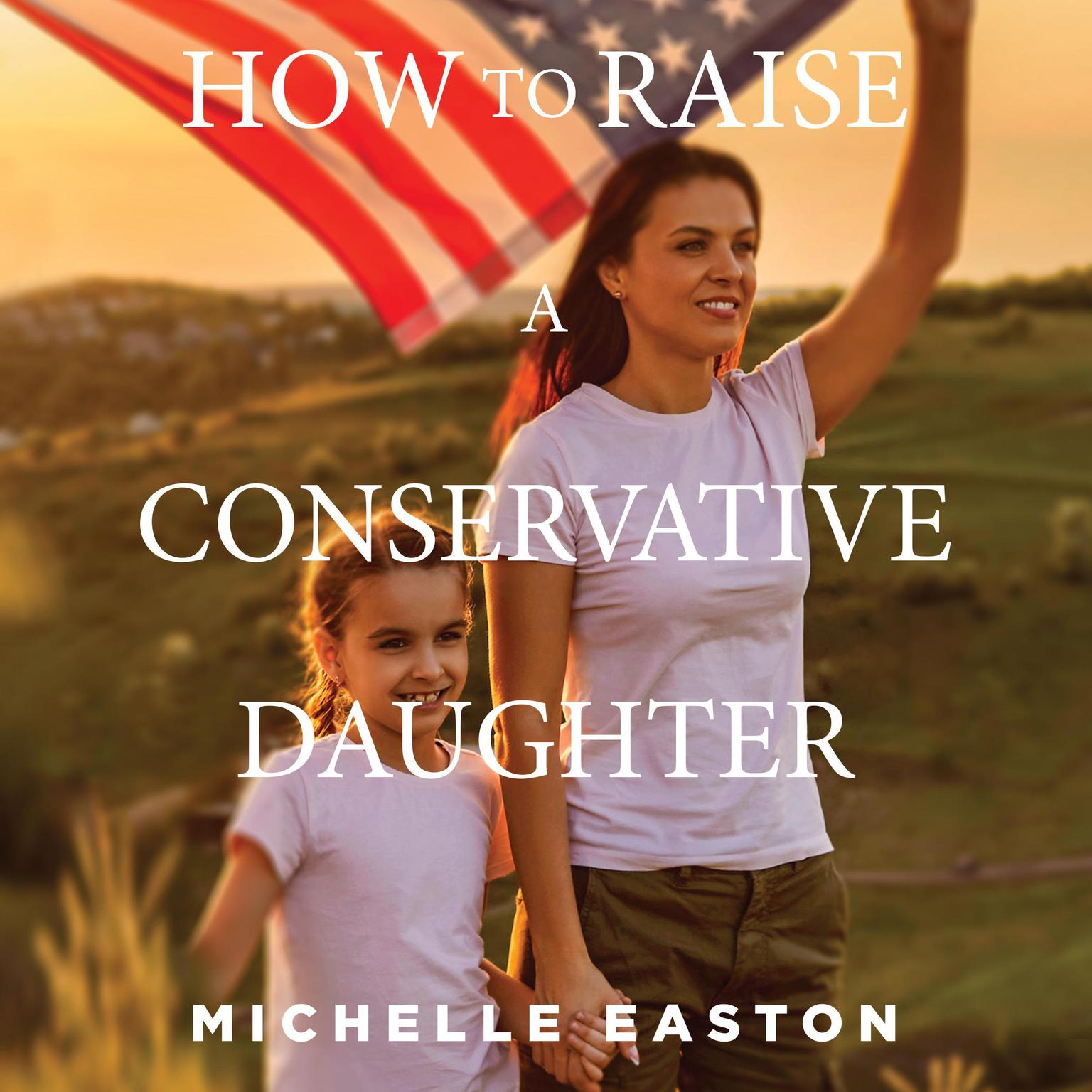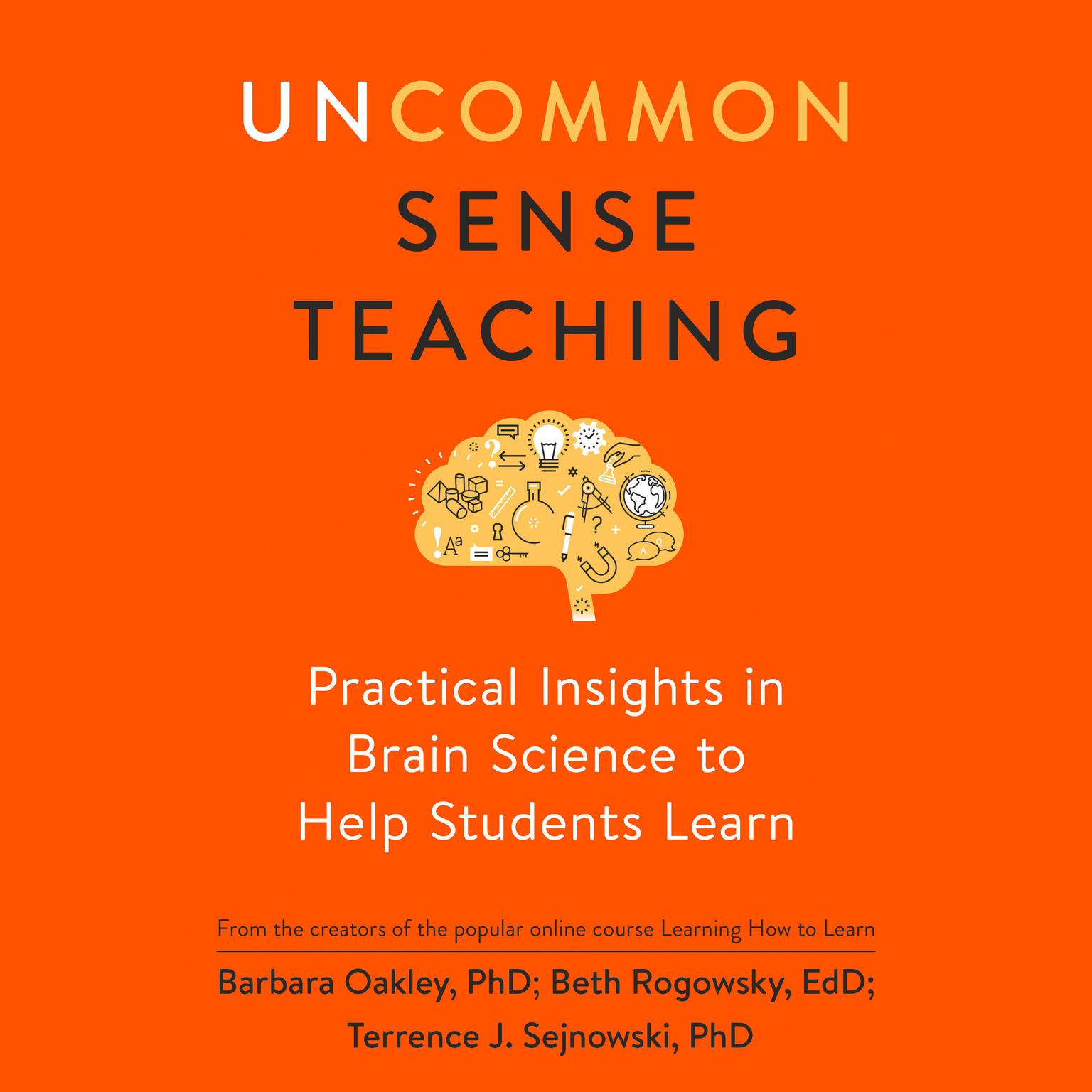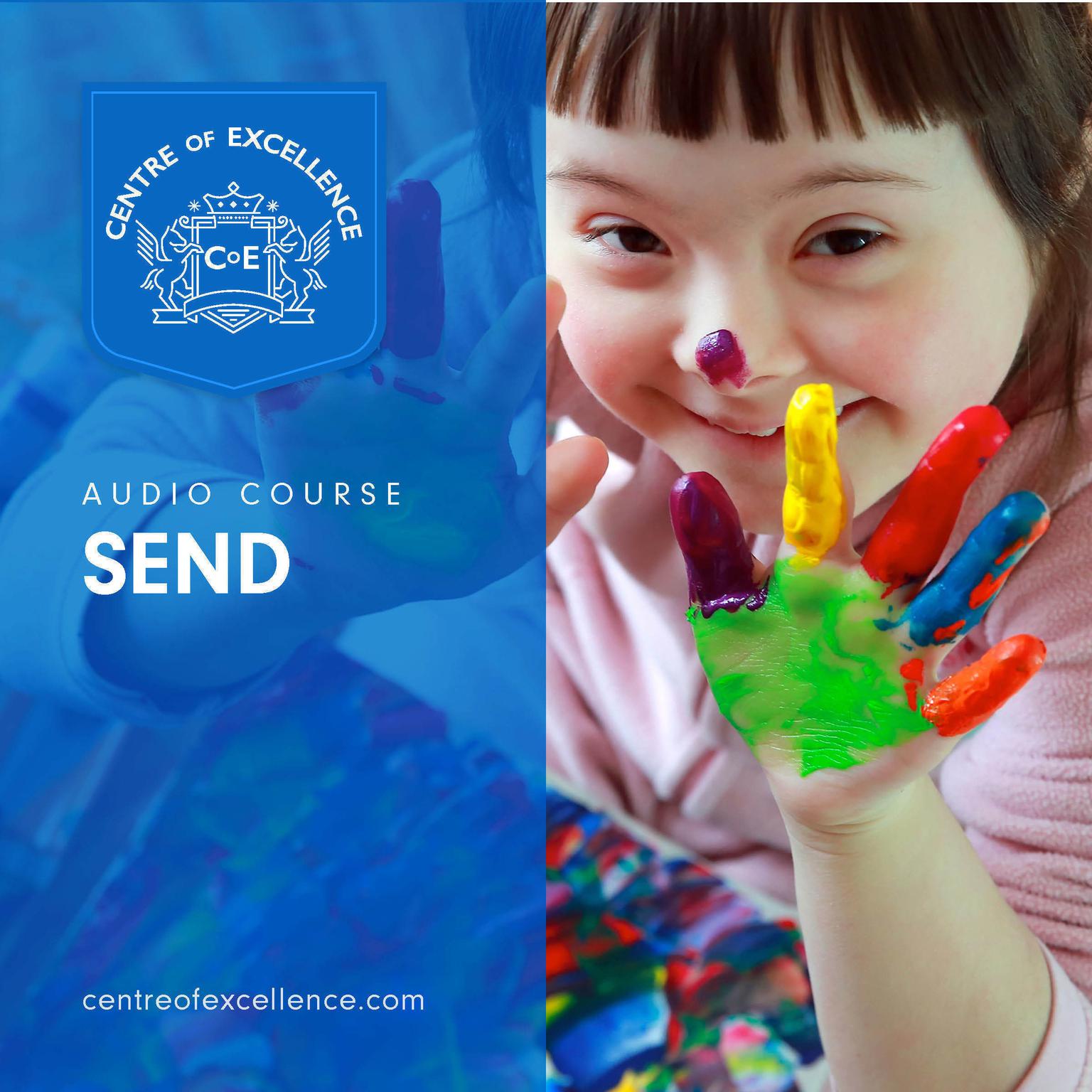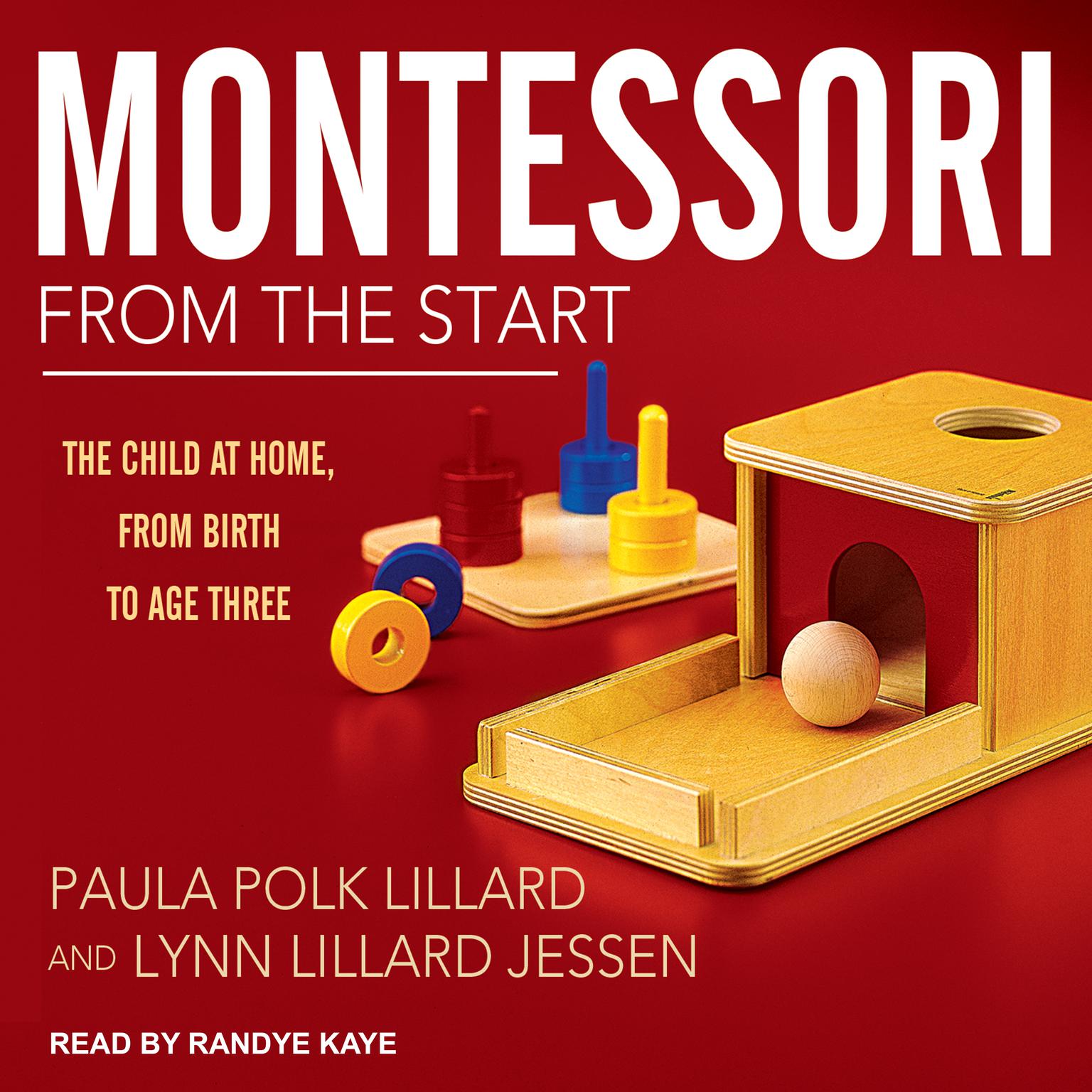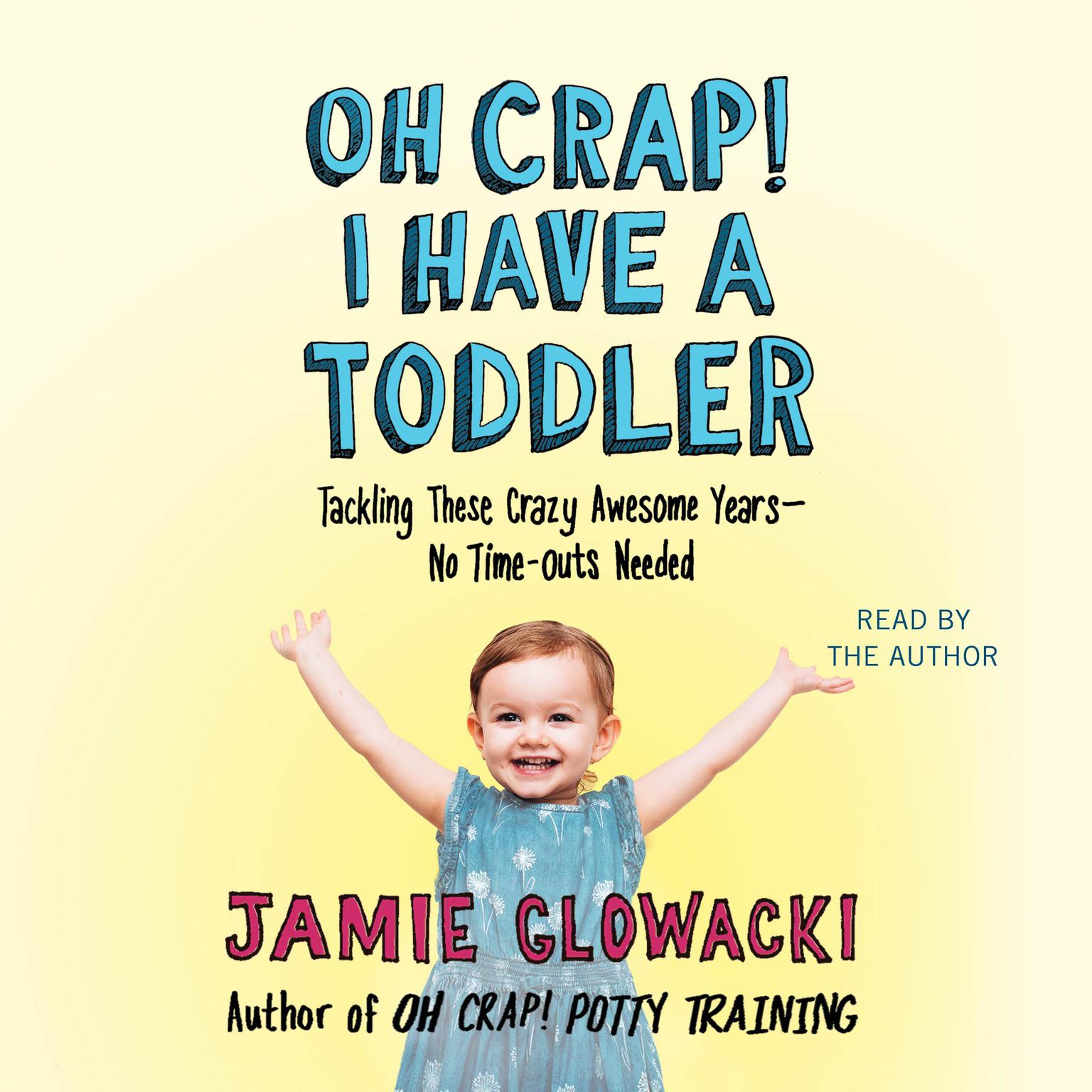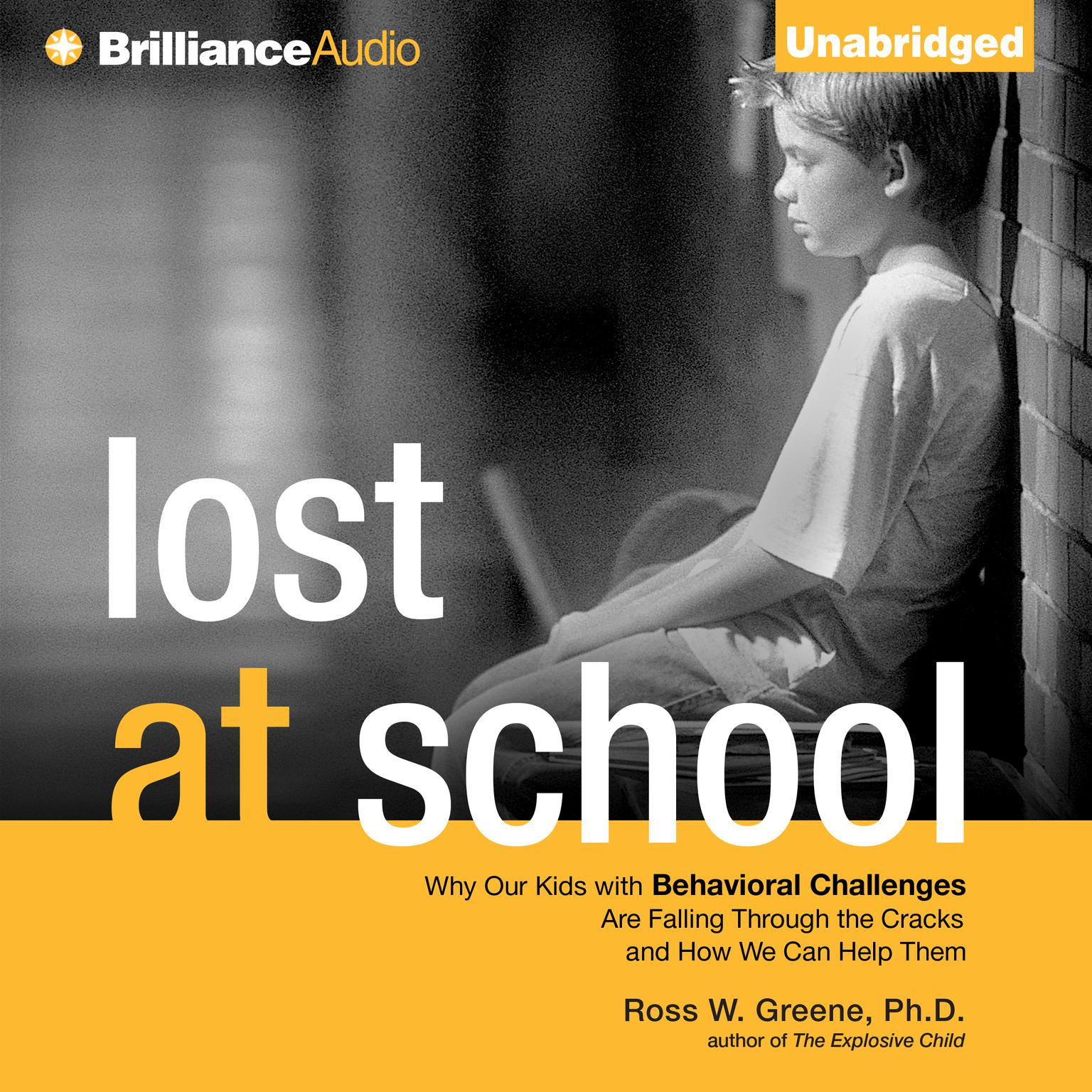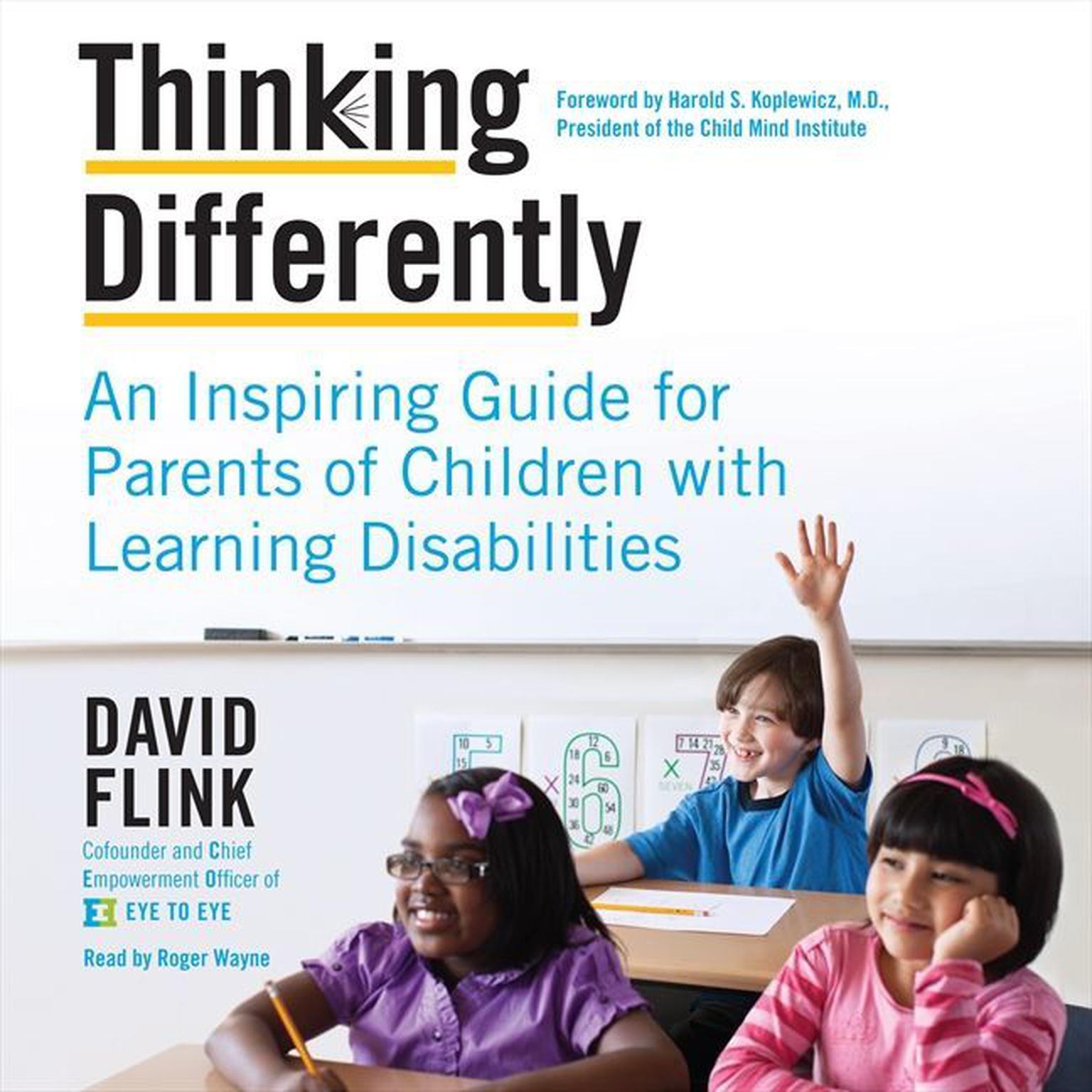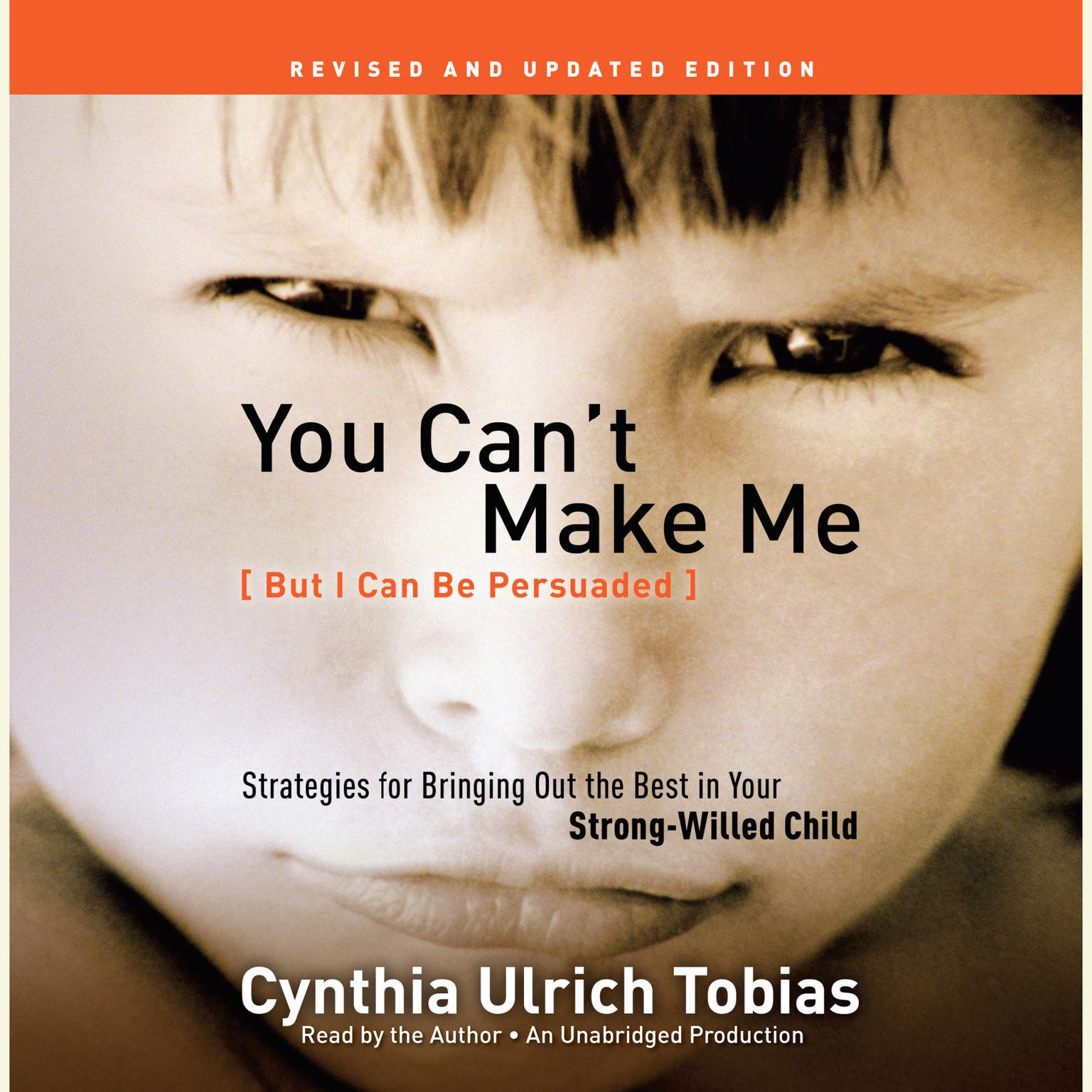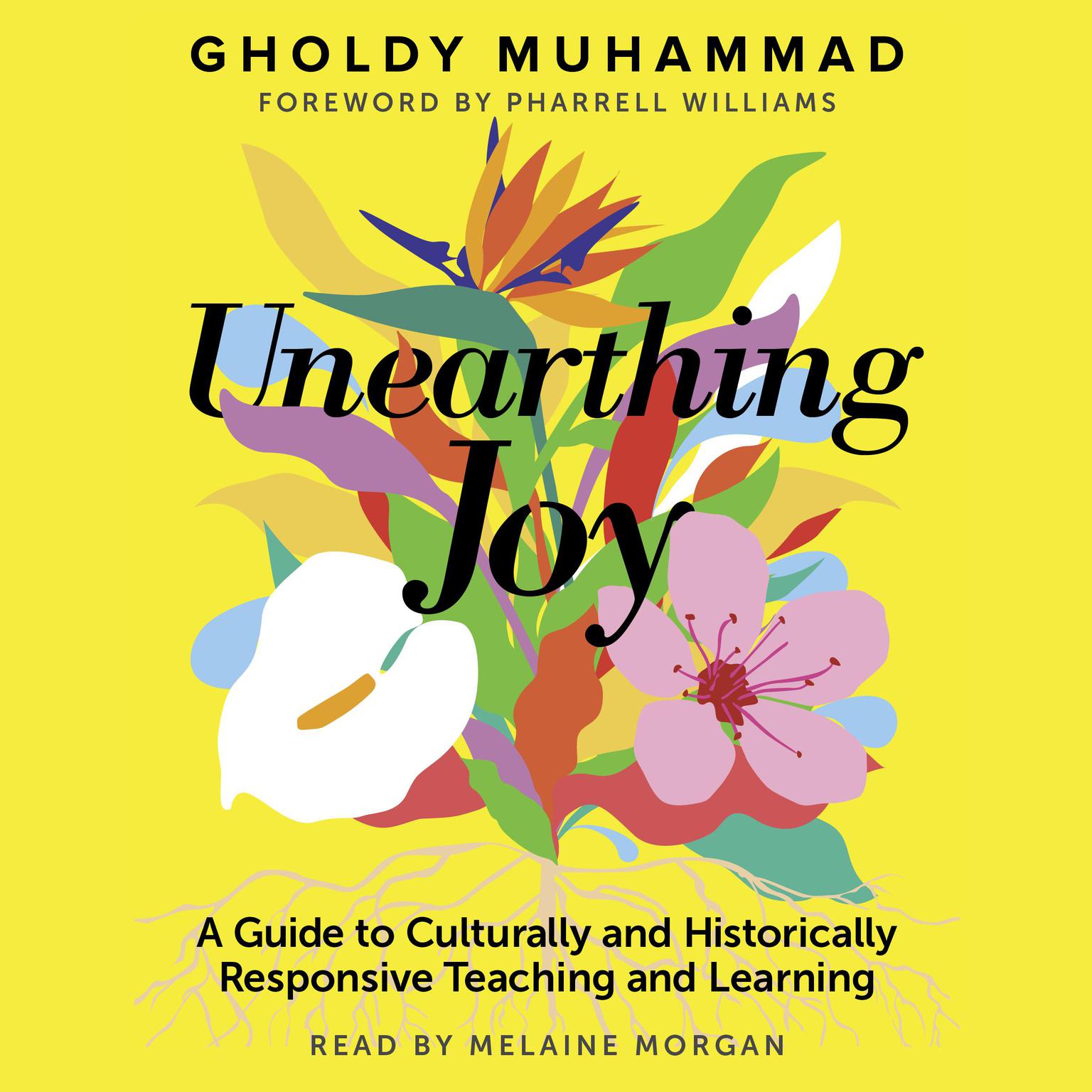Publisher Description
The counselor, teacher, and founder of The Relationship School reveals the origins of conflict styles, and how to stop avoiding and resolve conflict in relationships with loved ones.
Conflicts in our closest relationships are scary because so much is at stake. If the conflict doesn’t go well, we could lose our marriage, our family or our job, all connected to our security and survival. So we do just about anything not to lose those relationships, including avoid conflict, betraying ourselves or becoming dishonest. Unresolved conflict affects every single aspect of our lives, from self-confidence to physical and mental health.
Jayson Gaddis is a personal trainer for relationships and one of the world’s leading authorities on interpersonal conflict. For almost two decades, Gaddis has helped individuals, couples, and teams get to the bottom of their deepest conflicts. He helps people see the wisdom in conflict and how to get to zero—how “clean and clear” we feel with others when we have successfully worked through a disagreement. We get to a place where there is “zero” conflict.
In Getting to Zero, Gaddis shows the reader how to stop running away from uncomfortable conversations and instead learn how to work through them. Through funny personal stories, uncomfortable examples, and effective tools and skills, he shows the reader how to move from disconnection to connection, acceptance, and understanding. This method upgrades the old tired and static conflict resolution approaches and offers a fresh, street-level, user-friendly road map on exactly how to work through conflict with the people you care most about.
Download and start listening now!
In this compelling guide to approaching conflict in our most intimate relationships, Jayson Gaddis offers a science-informed, practical toolbox for resolving the inevitable tensions that arise in our personal and professional lives. Filled with useful concepts and readily applicable steps to sensing and solving interpersonal challenges, repairing ruptures when they occur, this book is not about trying to achieve a life without difficulties in our relationships, but is about moving toward a receptive state of calm and clarity—a state our author names as “zero
—
in which we can engage our inner life and our connections with others with kindness and presence that research suggests are at the core of mutually rewarding, generative ways of living with compassion, connection, and well-being.
